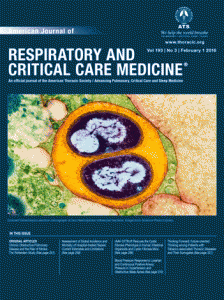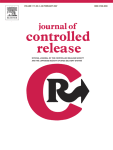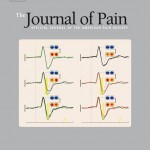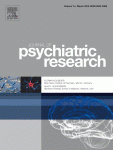 An investigation at Johns Hopkins University has uncovered several issues with the figures in two papers on a lung disease linked to smoking, one of which is highly cited.
An investigation at Johns Hopkins University has uncovered several issues with the figures in two papers on a lung disease linked to smoking, one of which is highly cited.
The American Journal of Respiratory and Critical Care Medicine is retracting both papers, which examine the role of protein NRF2 in chronic obstructive pulmonary disease. But both contain spliced and duplicated figures, among other issues.
Both papers — which share a total of five authors — received an expression of concern in 2014, after the corresponding author noticed anomalies in the figures. That same year, PubPeer commenters had begun raising questions about some of the figures in one of the papers.
A spokesperson for Johns Hopkins declined to say whether the investigation considered if the errors were the result of misconduct.
All authors agreed with the retraction, except for one who couldn’t be located. Here’s more from the retraction note for both papers:







